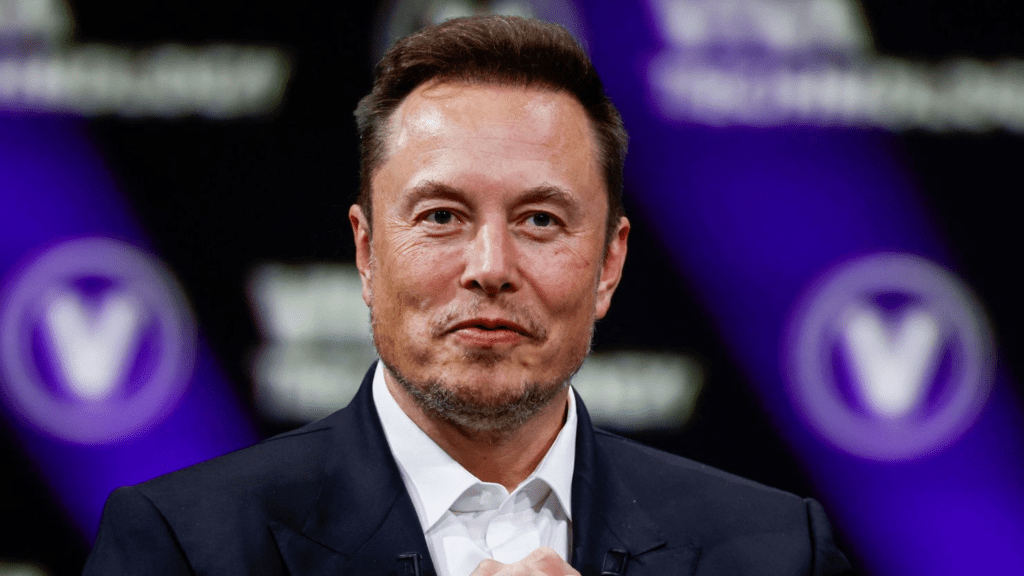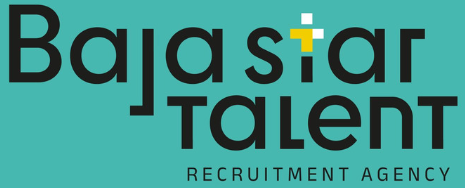“Failure is an option. If things are not failing, you are not innovating enough”, he says.

Elon Musk, one of the most influential and wealthy men in the world, has left an indelible mark on various industries thanks to his innovative vision and unique business approach. This billionaire has a high media presence and over the years has shared many valuable insights in talks and interviews about how he has sown and reaped his success.
Founder of successful companies like Tesla, SpaceX, Neuralink, and The Boring Company, Musk has faced and overcome countless challenges to reach where he is today. His ability to think outside the box and his knack for taking calculated risks have allowed him to revolutionize sectors as diverse as transportation, energy, and space technology.
Elon Musk’s path to success has not been easy or free from failures, but his perseverance and determination have helped him overcome obstacles that would have stopped many. His reflections and advice on business success are closely followed by entrepreneurs and leaders worldwide who seek to replicate his incredible trajectory.
What Companies Does Elon Musk own?

Tesla, founded in 2003, is one of Musk’s most globally recognized companies. Elon Musk joined as a major shareholder in 2004 and currently owns about 13% of the company. Tesla is dedicated to the design, manufacture, and commercialization of electric vehicles. It also produces photovoltaic self-consumption solutions and renewable energy through Tesla Energy. With a market value of approximately $859 billion and a workforce of about 128,000 employees, the company is headquartered in Texas, USA, with factories in America, Europe, and Asia.
SpaceX, founded by Elon Musk in 2002, is dedicated to manufacturing space vehicles and providing space transportation services. Musk owns around 42% of the company. SpaceX has achieved significant milestones, such as delivering supplies and astronauts to the International Space Station and developing the Starlink telecommunications satellite constellation. The company is headquartered in Hawthorne, California.
Neuralink, founded in 2016, aims to integrate artificial intelligence into the human brain through brain implants. The company is valued at over $5 billion and has received FDA approval to test its chips in humans. These trials aim to address issues like paralysis and amyotrophic lateral sclerosis (ALS).

The Boring Company, created in 2016, focuses on building tunnels to reduce traffic in large cities. Currently, the company has begun constructing tunnels in Las Vegas, USA. In 2022, its estimated value was approximately $5.7 billion.
In October 2022, Musk acquired Twitter for $44 billion and merged it with X Corp. Although Twitter is not the social network with the most users, it is one of the most influential in social movements. In July 2023, Musk renamed the platform to X, aiming to turn it into a “superapp” similar to those used in Asia.
Musk’s latest business venture is xAI, which aims to understand the true nature of the universe through artificial intelligence. xAI has launched a chatbot called Grok, seen as an alternative to ChatGPT, which is currently in the testing phase and accessible only to some paid subscribers of the social network X.
What Is Elon Musk’s Fortune Like?
Elon Musk is known for being the mastermind behind revolutionary companies like Tesla, SpaceX, and recently, the social network X (formerly Twitter).
Musk bought Twitter in 2022 for $44 billion. He owns approximately 74% of the company, now called X. According to a study by Forbes in 2023, Musk’s stake in X is now valued at almost 70% less than what he paid for it.
The tech mogul held the top spot until this year, as his fortune saw a significant change in his net worth, dropping him to second place. This change occurred following a court ruling on January 30, 2024, that nullified his nearly $51 billion salary. As of now, Musk’s fortune is estimated at $207.9 billion.
15 Pieces of Advice
- Embrace Failure: “Failure is an option. If things are not failing, you are not innovating enough.”
- Seek Negative Feedback: “Pay attention to negative feedback and solicit it, especially from friends. People seldom do that, and it’s very helpful.”
- Make an Impact: “The motivation for all my companies has been to be involved in something that could have a significant impact on the world.”
- Choose to Be Extraordinary: “I think it is possible for ordinary people to choose to be extraordinary.”
- Do It Despite Adversities: “When something is important enough, you do it even if the odds are not in your favor.”
- Outperform the Competition: “When you enter a market that is already being exploited, ensure your product is not just a bit better than the competition but much better.”
- Build a Strong Brand: “Brand is just a perception, and perception will match reality over time.”
- Prioritize Talent over Quantity: “It’s a mistake to hire many people to get a complicated job done. Numbers will never compensate for talent.”
- Maintain Optimism with Realism: “I always have optimism but am realistic. I didn’t start Tesla or SpaceX expecting a lot of success. I just thought they were important enough to do anyway.”
- Communicate Clear Goals: “People work better when they know what the goal is and why. It is important that people look forward to coming to work in the morning and enjoy working.”
- Value Personality: “My biggest mistake is probably weighing too much on someone’s talent and not someone’s personality. I think it matters whether someone has a good heart.”
- Believe in Possibility: “The first step is to establish that something is possible; then probability will occur.”
- Persevere: “If something is important enough, even if the odds are against you, you should still do it.”
- Avoid Distraction with Wrong Solutions: “Don’t be distracted by what could work when something isn’t working, or you will be permanently stuck in a wrong solution.”
- Control Risks: “It’s okay to have your eggs in one basket as long as you control what happens to that basket.”
